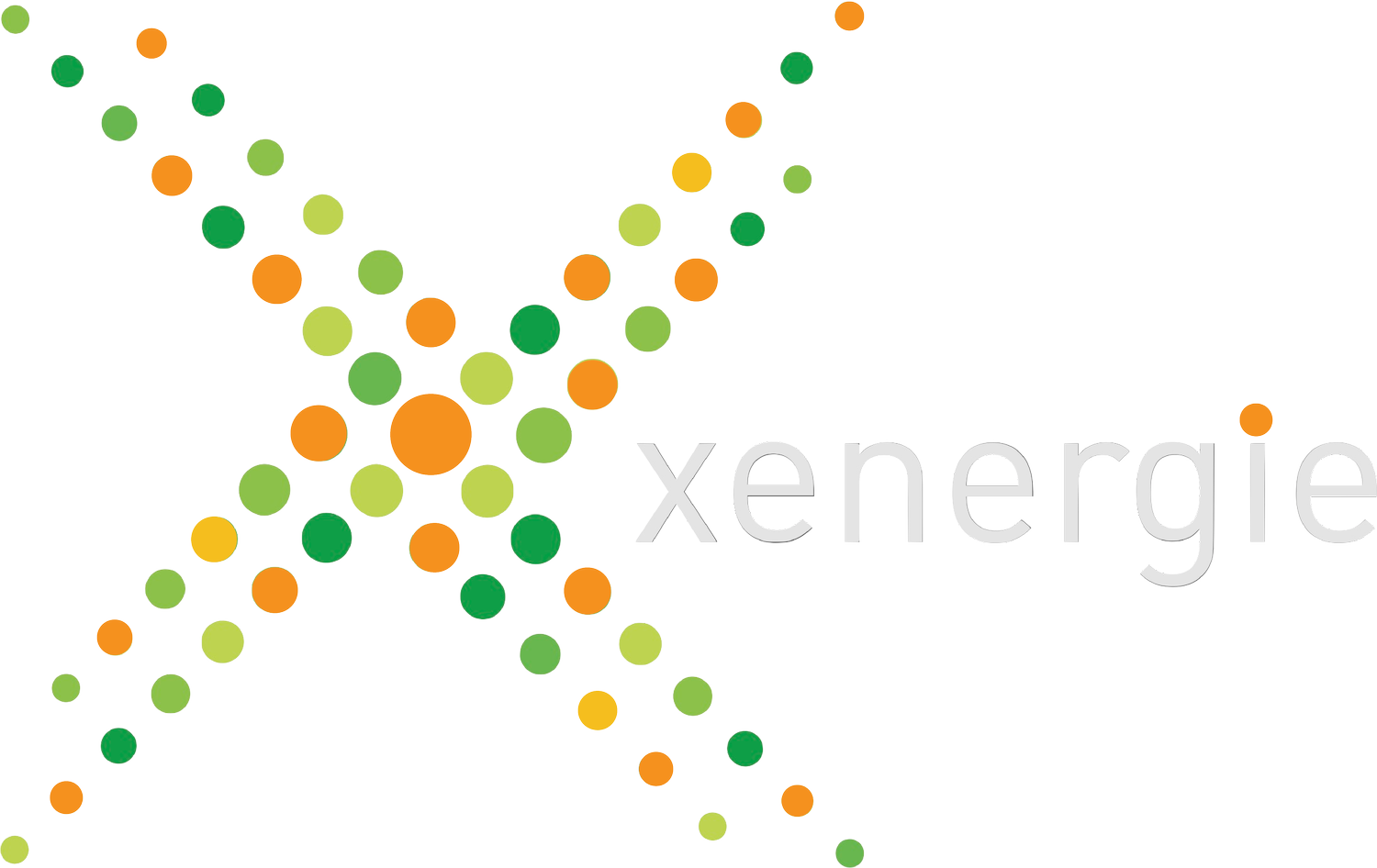Getting beyond the Impasse of Cultural Gridlock to Reveal New Forms of Growth
When Zuckerberg ushered us into the Metaverse recently, many felt that he was brushing over Frances Haugen’s whistleblowing insights by focusing on a rebrand of the company, rather than the shortcomings. The competitive race for innovation vs our ability to integrate continues to be one of humanity’s greatest dilemmas – many would argue we have not progressed in closing the gap because those who are at the cutting edge lack the patience and empathy for those at the lagging edge and vice versa. Whilst this has always been so, as life accelerates faster into a digital age with all manner of other disruptions, the costs of separation are higher than ever and chaos is throwing most traditional forms of change management firmly into the skip because arguably it never worked properly anyway, failing miserably to recognise what makes change deeply meaningful and desirable – the human factor.
Facebook is a classic example according to Hagen who stated that Facebook, now Meta, management is painfully aware of the harm of its platform and that its algorithms can cause: exacerbating poor mental health of teenagers, acceleration polarisation in countries where the political landscape is fragile and fuelling misinformation and conspiracy theories, to name a few outcomes cited. Reports state that Facebook researchers are “actively wrangling with ways to solve these thorny issues”, and that Meta's “good faith efforts are in fact often stymied by top-down pressure and by the technical and bureaucratic challenges that come with a managing a sprawling group worth about $900bn.
This is far more than whether two organisations are morally “good” or “bad”. They are the result of some profoundly fundamental shifts in how organisations now need to determine and prioritise “what’s important” and how leadership and governance shift accordingly to pay greater focus on outcomes and “social responsibility”, particularly how they bring people forward into a world of changing rules of engagement. Whilst, survival of the most adaptive has always been a law of nature, helping people understand and upskill for what is ahead is crucial. This is not something to leave to “those in charge” – there are important themes for us all to explore in our sensemaking and response to the world in crisis, with a set of skills to learn in order to rewrite the partnership between organisations, staff, customers, investors and society.
Here are 6 skills your system needs:
Seeing ourselves as “one” - how people “see” themselves and their organisation as part of bigger biodiversity of interconnected global systems that impact one another, and a shift away from being “in control” and “fighting” for market dominance with a “win-lose” mindset.
The consciousness of the unseen - how our beliefs, emotions, thoughts, words and actions show up in tangible outcomes – there is so much more going on than we realise, learning to interpret situations with more insight and to shift language is one of the first transformations and important KPIs for those who are “woke” to the new world.
How we hold ambiguities – constant reframing is vital if one is to remain resourceful and resilient amidst the chaos of changing rulebooks because our reactions impact others with a fast domino effect, therefore one wants to generate productive energy.
The psychological contract - the expectations between employer and employee, government and citizen, is going to continue to shift radically in the coming years, with all parties needing to step up in new ways to embrace “empowerment” and not become trapped in feeling “done by”.
How we inform ourselves on the bigger picture – empowerment only works when we have a greater understanding of the context we are in and how we are generating the information we make decisions with, so unless we understand what is going on, our abilities to make good decisions will be compromised. Being informed is everyone’s responsibility, no matter where you sit in the hierarchy. It’s very hard to break the habits and assumptions of a lifetime, and so if you can understand why things are happening, it helps.
How we find leverage in our communities and sphere of influence – this is a great time to explore the resources and capabilities of your tribe - rather than simply propelling anger and blame upwards or downwards onto others in a powerless way - understanding social influence is the new communication system. This requires an advanced set of relating skills, strategic use of teams and powered by new possibilities with technology to share and disseminate learning and information more fluidly. It also calls for us to be more mindful of those social media rants, undertaking a review of our own energy and impulses and how we impact others.
The above speaks to a substantial upgrade of our cognitive human compass over in line with technological advancement if we are to get ahead of the gridlock and not find ourselves at the mercy of a technology-driven world we are not ready for. Many argue that it’s not technology that’s going too fast, it’s humanity that is so slow to mature into a more responsible way of being.
At the same time, Gleicher’s formula for change reminds us that people need a compelling vision of a future that they want before they can let go of the frustration. This creates a symbiotic relationship between working with the tensions of the present and the hopes for the future, and we must understand what and why we need to stop doing certain things and start doing others, whilst learning how to do it, otherwise we simply replicate more of the same.
